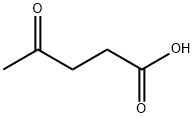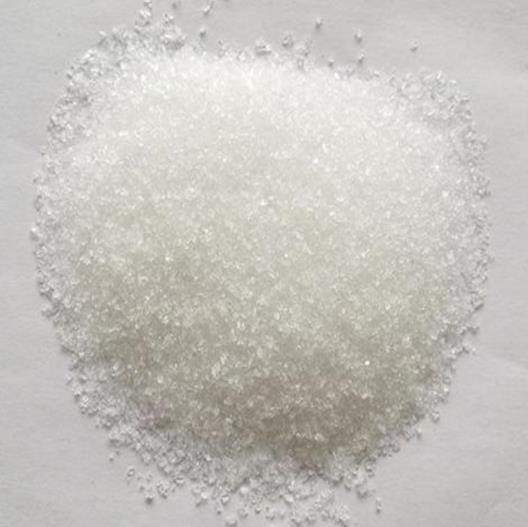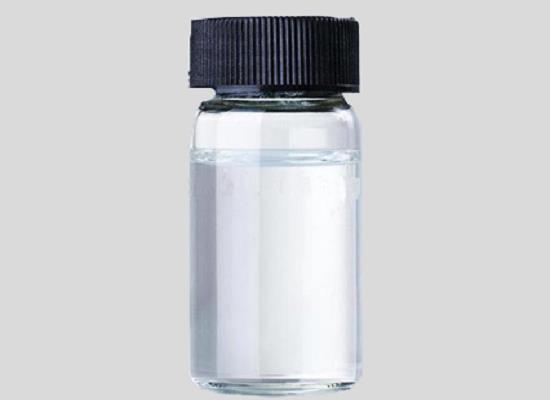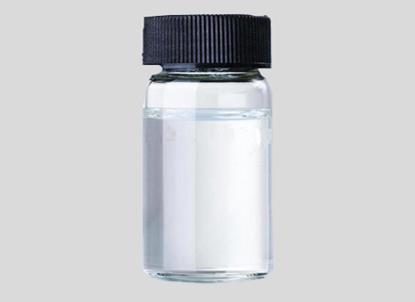Role of levulinic acid in skin treatment
Levulinic acid is used as a precursor for pharmaceuticals, plasticizers, and various other additives. The largest application of levulinic acid is its use in the production of aminolevulinic acid, a biodegradable herbicide used in South Asia. Another key application is the use of levulinic acid in cosmetics. Ethyl levulinate, a primary derivative of levulinic acid, is extensively used in fragrances and perfumes. Levulinic acid is a chemical building block or starting material for a wide variety of other compounds including γ-valerolactone and 2-methyl-THF.
Harmful or helpful: which is it?
In order to ensure that their products are safe, healthy, and effective, cosmetic manufacturers are constantly on the search for natural ingredients that provide the texture, nutrients, and bacterial protection they need. One such ingredient is levulinic acid, or sodium levulinate.
Here’s a fun fact: levulinic acid in cosmetics actually comes from corn! The ingredient “levulinic acid” is a corn extract, one that helps to prevent microbial build-up in your cosmetics. It’s added to your creams, lotions, and other beauty products to prevent them from spoiling.
Sodium levulinate is the sodium salt produced from levulinic acid, and it’s one of the ingredients commonly used as a preservative in your skin creams. It also helps to condition and tone the skin, which is why it’s such a popular ingredient.
What makes levulinic acid and sodium levulinate so popular among cosmetic manufacturers is the fact that it’s a potent antimicrobial agent that can kill off just about any aerobic microorganisms in your beauty products. At the same time, it WON’T affect the pH levels or the color of your beauty products. That makes it a highly valuable ingredient, one that works in the background to keep your beauty products from spoiling without altering the integrity of the products drastically.
Is levulinic acid a safe ingredient, or can it be harmful to your skin, brain, or organs?
You’ll be glad to know that it’s considered a “low hazard” ingredient. While few studies have been conducted into the risks of sodium levulinate, it has been classified by the Cosmetics Database as being “not expected to be potentially toxic or harmful”. Levulinic acid, on the other hand, is FDA-approved and proven to be non-carcinogenic, but it is known to be a mild irritant. Those with very sensitive skin may notice minor redness, itching, and heat on their skin when applying products containing levulinic acid. There are those who are allergic to levulinic acid, and they may experience similar side effects.
However, for the most part, products containing levulinic acid are perfectly safe for your use. Not only is the product believed to be non-carcinogenic, but it’s also not suspected to be an environmental toxin, can be used in food, and is not believed to accumulate in harmful levels in your body. It isn’t toxic to your organs or your brain, and thus can be used without fear of harm.
The fact that levulinic acid is derived from corn means that it’s a food-grade preservative. If it’s safe for you to eat, it’s most likely safe for you to apply to your skin.
The truth is that finding beauty products (and foods) that are 100% preservative-free is nearly impossible. Manufacturers want to find ways to prevent their products from spoiling, as that gives them a better chance of selling the product. As a result, there are preservatives in literally everything on the planet. Heck, even your FRUIT is often coated with wax to prevent spoiling. But if you’re going to be exposed to preservatives, it’s always best to find the more natural options that won’t harm your body, such as levulinic acid
You may like
Related articles And Qustion
See also
Lastest Price from Levulinic acid manufacturers
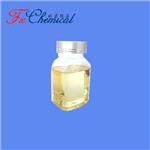
US $0.00/kg2025-04-21
- CAS:
- 123-76-2
- Min. Order:
- 25kg
- Purity:
- 98%min
- Supply Ability:
- 1000kg
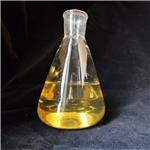
US $100.00/kg2025-04-21
- CAS:
- 123-76-2
- Min. Order:
- 1kg
- Purity:
- 99%min
- Supply Ability:
- 200TON
